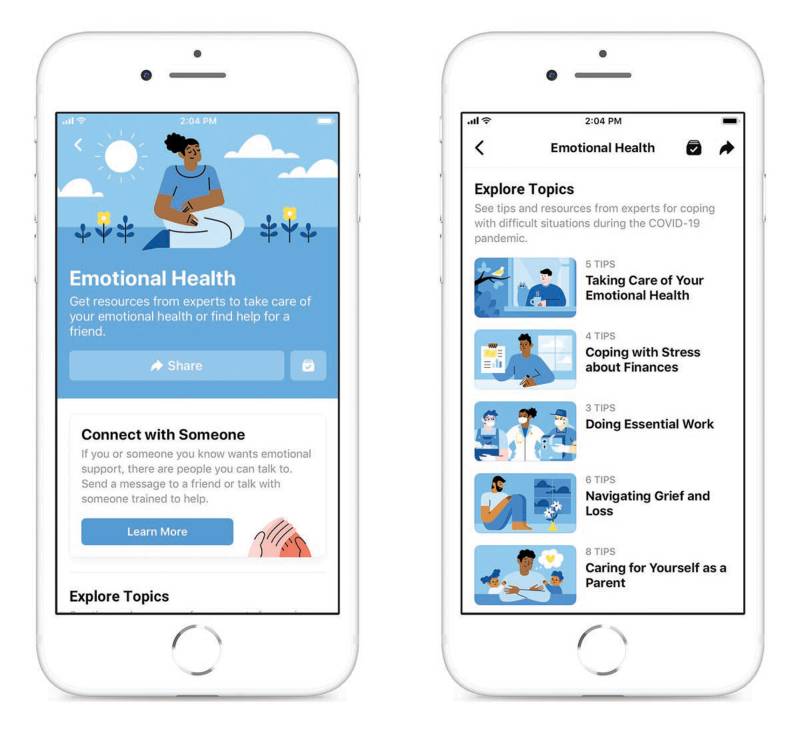In 2020, the world saw an unprecedented health crisis through COVID-19. Impacting more than 36 million across the globe, the implication on the mental health of individuals has been even more catastrophic. The pandemic has not only affected those with existing mental health conditions but also seen a rise in new cases. Uncertain economic conditions, isolation, burn out due to excessive workload topped with additional barriers to accessing help are just some of the key reasons why mental health has become a global challenge at large
The theme for this year’s World Mental Health Day is ‘Mental Health for All, Greater Investment – Greater Access’. this means that access to help for mental health issues needs to become a reality for each and every individual on this planet, regardless of their location or social status.
As per the World Economic Forum (2018) mental health disorders are on the rise in every country in the world and could cost the global economy up to $16 trillion between 2010 and 2030 There are several lessons the pandemic has taught us, but the two most important ones are that healthcare is a universal human right and social media holds the power to bring people together – now more than ever. There is no reason why social media’s immense reach and easy access cannot be utilised to address the dire mental health emergencies.
Earlier this month, Facebook announced several new initiatives across its apps, in collaboration with leading mental health authorities. These aim to provide easier support for individuals struggling with mental health issues or have loved ones who might be. They introduced Emotional Health, a centralized resource center on the Facebook app with tips and information from leading experts. The resource will be available globally, with locally relevant information from mental health officials. Users can educate themselves on topics ranging from handling financial stress, parenting support, coping with loss and grief, managing substance use and taking care of overall emotional health. Furthermore, there are a number of features being rolled out across Facebook apps to connect people with expert support and resources. In collaboration with the WHO, The World Health Organization Digital Stress Management Guide, which provides easy-to-follow techniques designed to reduce stress and promote mental well-being is now available on the WHO Health Alert chatbot on WhatsApp. A sticker pack is now also available on Messenger which has been designed with the WHO, to facilitate conversations around mental health that can lead to support. “Making information about mental health more accessible is extremely important. At the World Health Organization, we are pleased to be collaborating with Facebook in support of that goal for this year’s World Mental Health Day,” said Gabriella Stern, WHO Director of Communications.
More than 6 million people across the Asia-Pacific region are part of over 35,000 active Facebook groups in English dedicated to mindfulness and mental well-being. Some of the most popular English-language groups related to mindfulness and mental well-being in the region are Yoga and Meditation, Positive Psychology, Emotional Support (Quotes for Inspiration), and Zen Mindfulness. In Pakistan as well, we have a few communities that are starting to focus on mental health specifically such as Mental Health Support Group - Pakistan and The Safe Space Project.
The digital landscape is a dynamic space which is constantly evolving based on users’ behaviours. The cornerstone of supporting people’s emotional health is research to help understand areas like healthy social connections, loneliness and mental health. Facebook and The Aspen Institute have collaborated to advance the collective understanding of loneliness, social connection, technology and how they all intersect. This effort has brought together more than 60 cross-sector experts — from academia, health, technology, nonprofit and government — to share research and identify gaps to inform future research and potential solutions. Moving forward, The Aspen Institute and Facebook will host the second series of roundtables to go deeper with international experts to build on this work.
On Instagram, users can often feel the pressure to present a perfect image of themselves. However, it is also a space where many people have found communities of support and inspiration. Facebook has announced that they are conducting research to better understand the tipping point between inspiration and feeling good — and the pressure to live up to a certain standard. A listening session with mental health experts will also be hosted to understand how they view social comparison on Instagram and what programs, resources and tools we can put in place to help people — especially young people — manage these pressures. Lastly, during these stressful times, it is crucial that we all take measures that are positive for our emotional health. A few simple steps like taking breaks from the news and seeking more positive news, staying in touch with loved ones, making healthy diet choices and working out more regularly, unwinding through meaningful activities and setting short-term goals on a regular basis can go a long way in contributing towards our mental growth. It is only when we all work together that we can bring about a positive change and make access to mental healthcare for all a reality.
The writer is a student of Shaheed Zulfikar Ali Bhutto Institute of Science and Technology, Karachi Campus.






